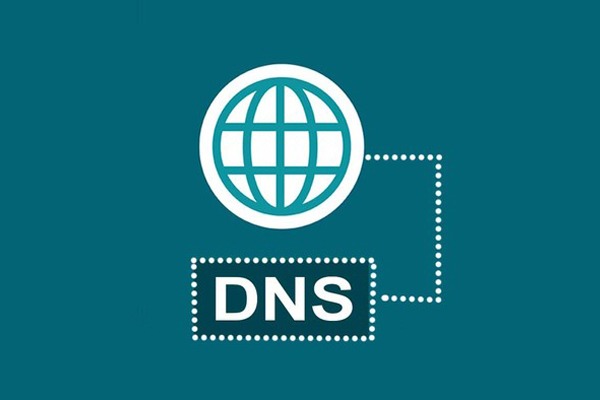Do you know who invented and designed the Domain Name System DNS?

The Domain Name System, or DNS as we often call it, can map domain names and IP addresses to each other, eliminating the trouble of remembering IP numbers, allowing people to access the Internet more conveniently and quickly. You must be very familiar with DNS, but do you really know who invented and designed it?
The Domain Name System is often called the "phone book" of the Internet and is a basic component of the Internet infrastructure. In the early days of the Internet, host and IP address information was stored in a text file HOSTS.TXT maintained by the Stanford Research Institute. When a new computer was added to the network or an old computer modified its information, people needed to contact the Stanford Research Institute to have them manually update the file.
Not only that, if you want to know the IP address of a computer, you also need to contact the Stanford Research Institute. Importantly, it will be closed at 5 pm every weekday and is not open on holidays, which can be said to be very inconvenient.
To this end, Dr. Paul Mockapetris, who was still working at the University of Southern California at the time, invented and designed the DNS system, which solved this problem by using a distributed database. Its main function is to convert our readable host names, such as www.welcometothejungle.com, into machine-readable IP addresses 52.211.16.159.
Dr. Mockapetris said that although the DNS system is designed to be very flexible, the top-level domain name itself is more like a political game between countries. Some people say that the domain name system is not perfect because it has many security vulnerabilities, such as spoofing, DDoS attacks, etc. In response to this statement, Dr. Mockapetris explained that the insecurity of the DNS design was intentional, and the primary issue at the time was to get people to accept the concept of distributed systems as soon as possible.
The first layer of the domain name resolution system is the root server, which is responsible for managing the domain name information of countries around the world. Below the root server is the top-level domain name server, which is the database of the domain name management agency of the relevant country, and then the next-level domain name database and ISP's cache server. When ordinary Chinese netizens visit foreign websites with suffixes such as .com, most of them need to go through foreign domain name servers for resolution.
So, what is the role of the root DNS server? The root domain name server does not have specific information about each domain name. It stores the address information of the domain name server responsible for the resolution of each domain. The root domain name server is the necessary infrastructure for the Internet.
We all know that there are only 13 root domain name servers in the world, but do you know why there are only 13? This has to start with the DNS protocol. DNS uses port UDP and TCP protocol. The maximum packet length that can guarantee normal operation in all UDP implementations is 512 bytes. These 512 bytes limit the number and name of root servers. In order for all root server data to be included in a 512-byte UDP packet, the root server can only be limited to 13.
Can you build a root server yourself? In fact, around December last year, Russia announced that it was building a sovereign intranet and rebuilding the DNS infrastructure. Dr. Mockapetris said that the technology itself is not difficult, and Russia can use open source DNS to realize their ideas. But from a business perspective, external connections are still important. Even the "firewall" does not cut off the connection, but only seeks control.
In addition, another thing worth our attention is that now all countries are accelerating the deployment of IPv6, so will DNS be affected by the transition to IPv6? This must be a problem that many people are worried about. In fact, DNS can handle any type of IP and will not lose domains. The current problem is not the lack of domains, but the demand for certain specific domains, just like everyone wants to move to city A, but not everyone can move in.
Domaincn.com Committed to providing fair and transparent reports. This article aims to provide accurate and timely information, but should not be construed as financial or investment advice. Due to the rapidly changing market conditions, we recommend that you verify the information yourself and consult a professional before making any decisions based on this information.

